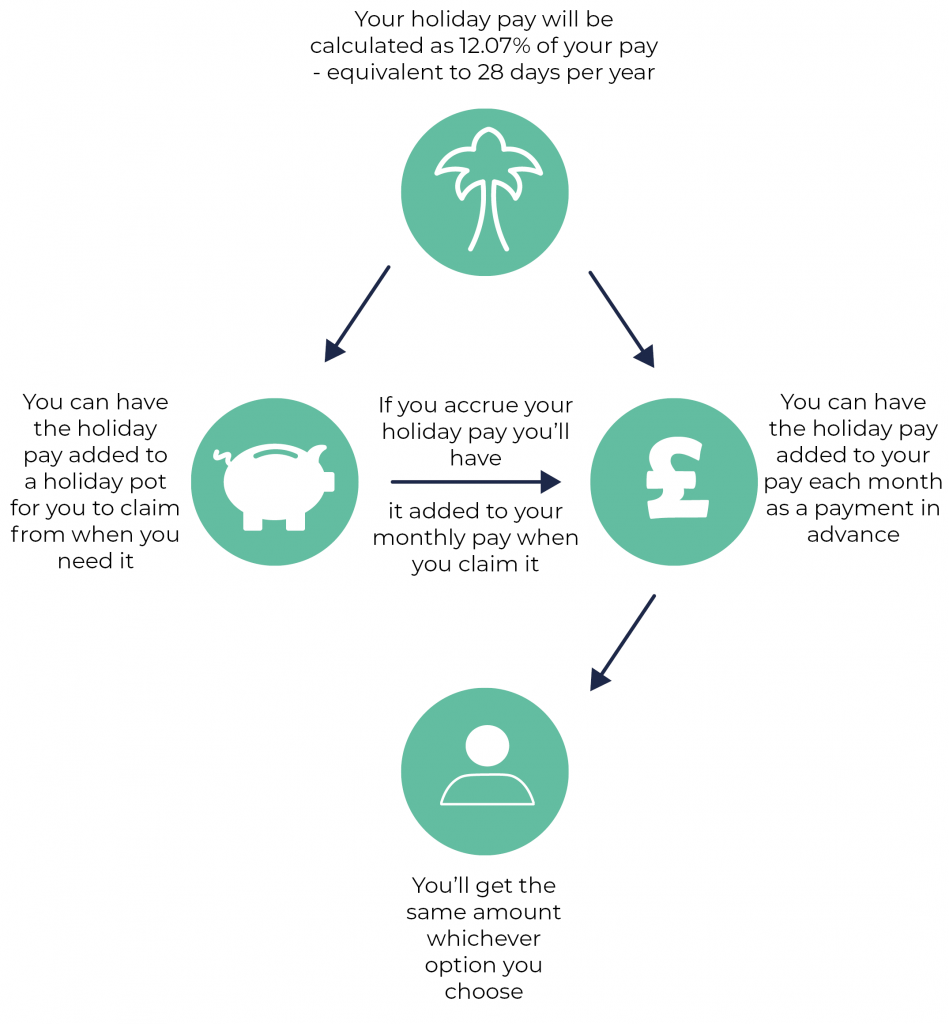EU Settlement Scheme: What does it mean for me?
EU Settlement Scheme: What does it mean for me?
As of 1st January , this year, the United Kingdom has officially left the European Union. This means there are a lot of changes happening this year that could affect the wider economy but more importantly will affect individuals and their livelihoods. This is mostly because the freedom of movement rights for EU (European Union), EEA (European Economic Area) and Swiss nationals has ended. Therefore, the UK Government has put in place the EU Settlement Scheme, specifically to secure the right of residence in the UK for these nationals and their families. As a contractor working through Husp this could be something you need to look into in the next few months. To support you we have answered some of the questions you may have.
Should I apply?
You can apply for the EU Settlement Scheme if you or a family member are an EU, EEA or Swiss citizen. You will also need to apply if you were born in the UK but are not a UK citizen. If you have children, you will need to apply for them separately.
Countries included in the EU are: Austria, Belgium, Bulgaria, Croatia, Republic of Cyprus, Czech Republic, Denmark, Estonia, Finland, France, Germany, Greece, Hungary, Ireland, Italy, Latvia, Lithuania, Luxembourg, Malta, Netherlands, Poland, Portugal, Romania, Slovakia, Slovenia, Spain and Sweden.
Non-EU countries included in the EEA are: Iceland, Liechtenstein and Norway.
Swiss citizens can also apply.
You do not need to apply if you have indefinite leave to enter or remain in the UK or Irish citizenship.
Am I eligible?
If you are not eligible based on EU, EEA or Swiss citizenship, you may still be able to apply if you have a familial relationship with an EU, EEA or Swiss citizen. We suggest looking at the government website and reading through their detailed clarification on who can apply.
What will I get?
As it stands, until 30th June 2021 your rights as an EU, EEA or Swiss citizen do not change. But after the cutoff date those who have applied to the EU Settlement Scheme successfully will be able to continue living and working in the UK. You will be given either “settled status” or “pre-settled status”.
Settled status should be given to anyone who has had continuous residence in the UK for over 5 years. Settled status entitles you to stay in the UK for as long as you like. You may also be able to apply for British citizenship if you are eligible.
Pre-settled status will be given to those who have not had 5 years of continuous residence. You must have been living in the UK from 31st December 2020 and this will give you the right to remain for 5 more years. You can apply for settled status once you have reached 5 years but you must do this before your pre-settled status has expired.
What do I need to apply?
In order to apply for the European Settlement Scheme, you will need proof of identity, meaning either a passport or a biometric residence permit/card. You will also be required to provide a digital photograph of your face.
The Home Office will also do a check to see if you have continuous residence. By providing your national insurance number there will be an automated check of your residence based on tax and benefit records.
If you are applying for settled status and there is not enough immediate evidence to support the fact that you have been in the UK for 5 or more years, the Home Office may request further proof.
When should I apply by?
The deadline to apply is the 30th June 2021. But we would suggest having a look into it sooner rather than later. Follow the link below to the government website to get started.










